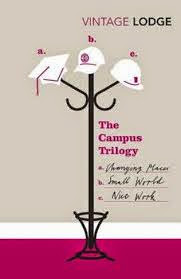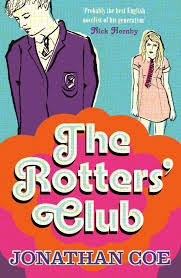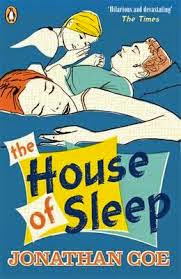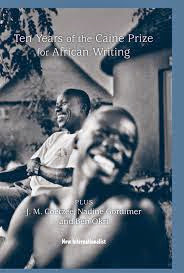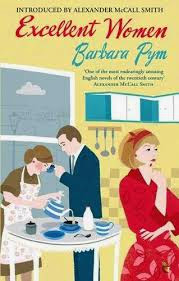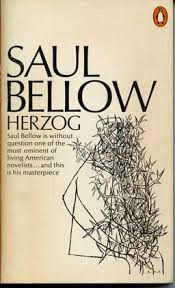
At the end of every year I scrape the ‘Best Books of the Year’ lists in every newspaper in my never-ending quest for something to read. EUPHORIA appeared on a number of these lists, and I can entirely understand why. Take the premise: love triangle among early anthropologists in Papua New Guinea. Already love it. After a number of books set in British suburbia, I was so ready. The quote that opened the book made me even more so:
Experience, contrary to common belief, is mostly imagination. (Ruth Benedict)
; and so did the book’s opening:
As they were leaving the Mumbanyo, someone threw something at them. It bobbed a few yards from the stern of the canoe. A pale brown thing. ‘Another dead baby,’ Fen said. He had broken her glasses by then, so she didn’t know if he was joking.
It only got better from the dead baby. The central character, Nell Stone, who is based on the anthropologist Margaret Mead, is in Papua with her new husband. Their relationship is in trouble, and she slowly falls in love with another anthropologist nearby, a sad and sheltered British man, whose mother “had become a great psychological burden . . , both needy and despotic, a tyrant who seemed not to know what she wanted for or from her last remaining subject.” I won’t give away what happens, but I do very much encourage you to read it t find out It’s entirely worth it – I whipped through the whole thing in a single day.

